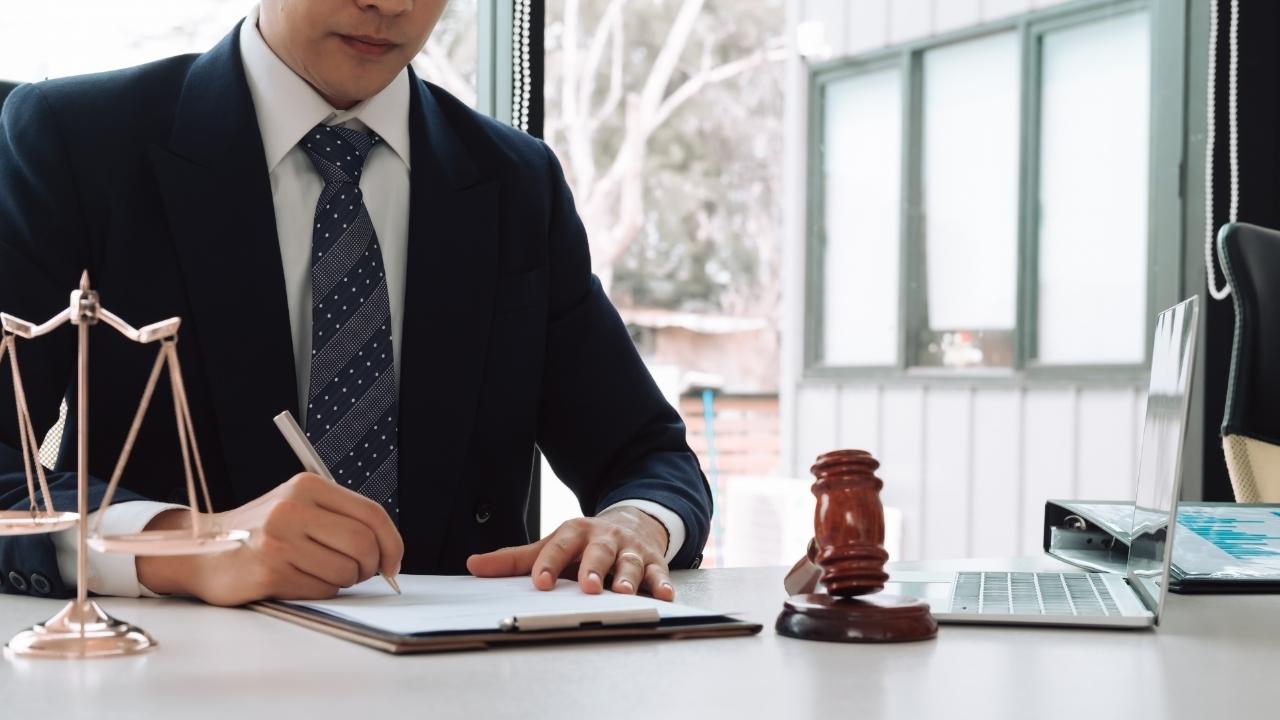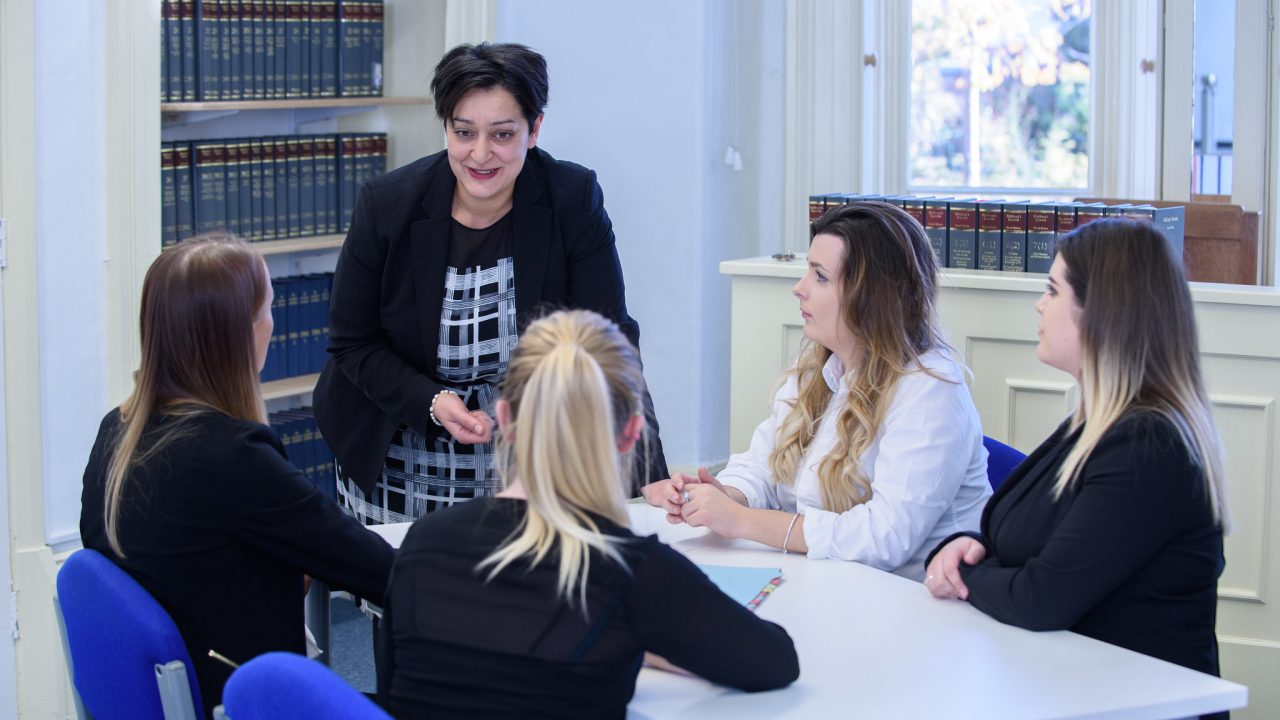News
What Our Clients Say about Us
Surf City Lawyers truly transformed my property buying experience. Their expertise and attention to detail guided me through every step of the process, ensuring a smooth and successful transaction. I couldn't have asked for a better legal team!
Sarah John
I was facing a complex property dispute, and Surf City Lawyers came to my rescue. Their skillful negotiation and legal expertise resolved the issue efficiently, saving me time and stress. Their commitment to their clients is truly commendable.









